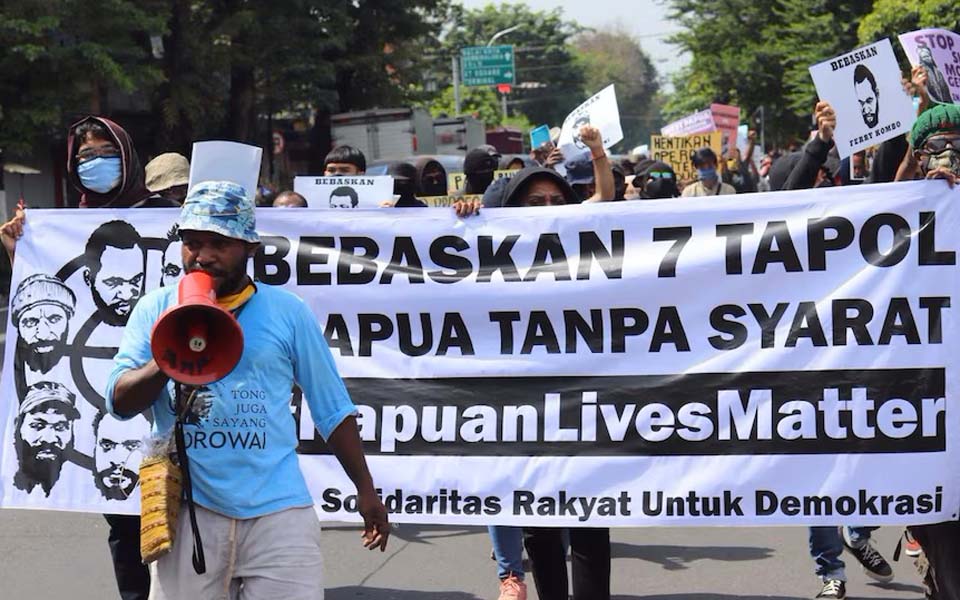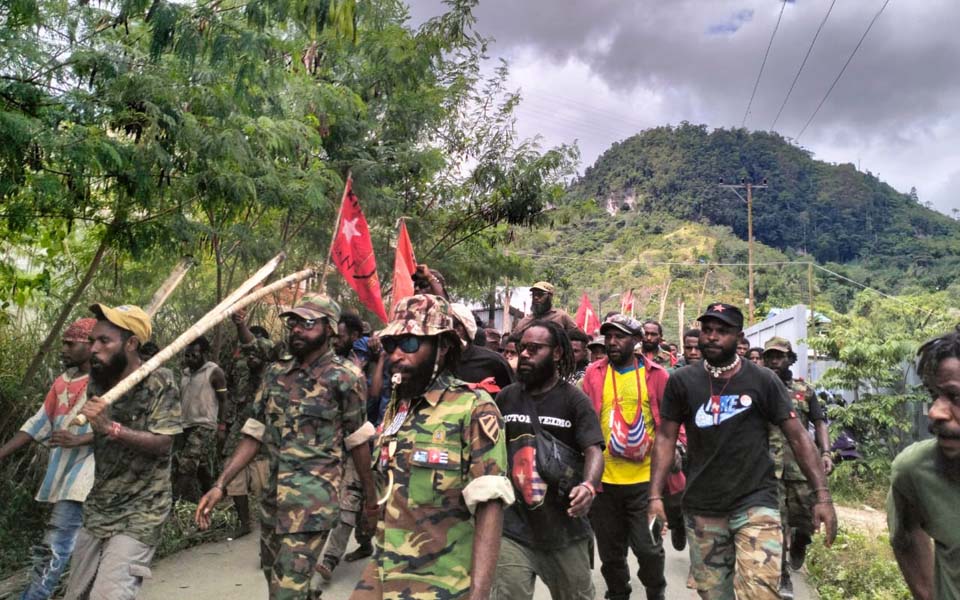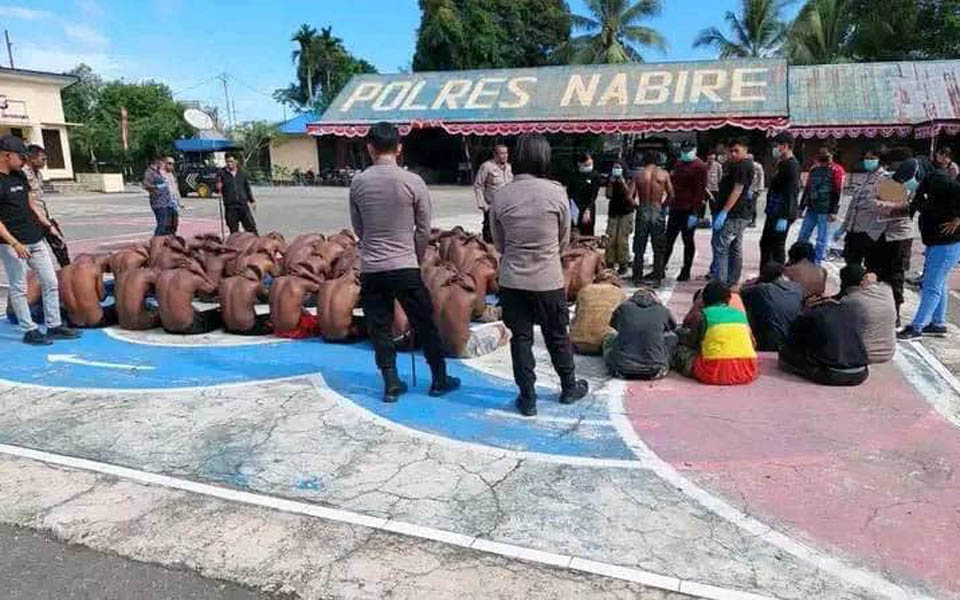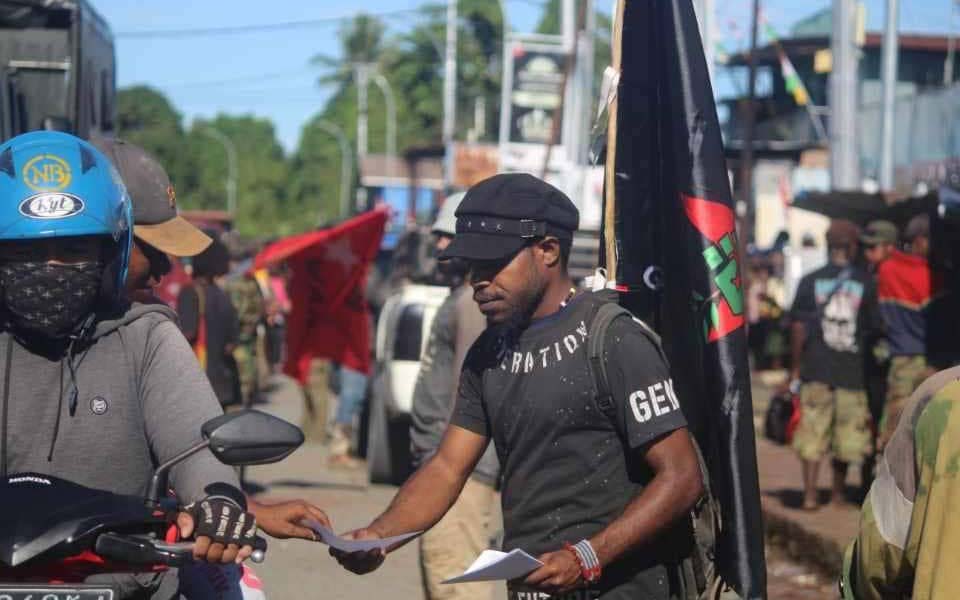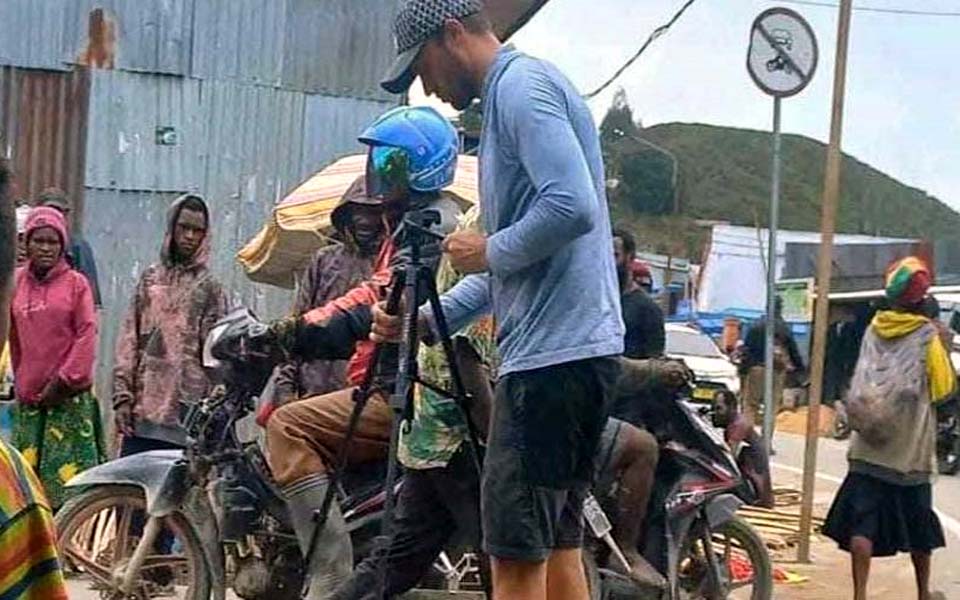Ali Umar – President Joko “Jokowi” Widodo must change the government’s approach in resolving the Papua problem. At the start of his first term in office, Widodo managed to offer a new hope in efforts to find a dignified solution in Papua. He granted amnesty to Papuan political prisoners and guaranteed the upholding of human rights there.
Unfortunately, this commitment was not pursued consistently. The situation in Papua now is in fact worsening. The National Human Rights Commission (Komnas HAM) notes that cases of the use of excessive violence by security forces have continued to pile up over the last five years. Just in 2019 there were as many as 154 complaints, more than two times the figure in 2018.
There are currently seven Papuan youths – four of which are students – who are being tried under the makar (treason, subversion, rebellion) articles at the Balikpapan District Court in East Kalimantan.
They are being tried for their involvement in actions protesting racism in August 2019 in Papua. The protests occurred as a reaction to the actions by rogue security personnel at a Papuan student dormitory in the East Java provincial capital of Surabaya who insulted the Papuan students. The four defendants face sentences of 5-17 years in prison.
There have been reports that the court hearings against them have been one sided. According to the defendant’s lawyers, the seven Papuan youths have not been given an adequate opportunity to defend themselves before the panel of judges. Yet they are well known student and youth movement figures in Papua.
Amnesty International has recorded that there at least 44 Papuans in detention, some of which are being indicted on charges of makar for demanding rights for the Papuan people. This situation cannot of course be allowed to continue. The government’s repressive approach has the potential to inflame the already prolonged conflict.
Efforts at correcting this must be done quickly before it’s too late. An erroneous approach to resolving the Papuan issue also appears to have been adopted by campus authorities. Such as the overreaction by the University of Indonesia (UI) rectorate to a discussion titled “#PapuanLivesMatter: Racist Laws in Papua” held by the UI Student Executive Council (BEM) on Saturday last week.
The statement by UI authorities which slammed the discussion clearly represents and extension of the hands of power in strangling criticism and freedom of expression. Similar symptoms used to occur under the New Order regime of former president Suharto.
Research by the Indonesian Institute of Science in 2009 which was revised three years ago clearly shows that there are four root causes of the conflict in Papua. Widodo needs to resolve the problem of status and political history, discrimination against the Papuan people, the failure of development and state violence and human rights violations there.
The government could begin by re-demonstrating its commitment to guaranteeing a better future for Papua by resolving cases of alleged past gross human rights cases. To this day, the Biak Numfor case in July 1998, Wasior (2001), Wamena (2003), Paniai (2014) and Mapenduma (2016) have still not been resolved. Instead, other bloody incidents have occurred such as those in Nduga (2018) and Intan Jaya (2019).
The president’s advisors at the Palace must make Widodo aware that a security approach and the curbing of civil rights will not resolve the Papua problem. The failure of the Widodo administration to provide a sense of justice to the victims in Papua will bequeath a bigger problem for future administrations.
[Translated by James Balowski. The original title of the article was “Hentikan Pendekatan Represif di Papua”.]
Source: https://kolom.tempo.co/read/1351736/hentikan-pendekatan-represif-di-papua/






